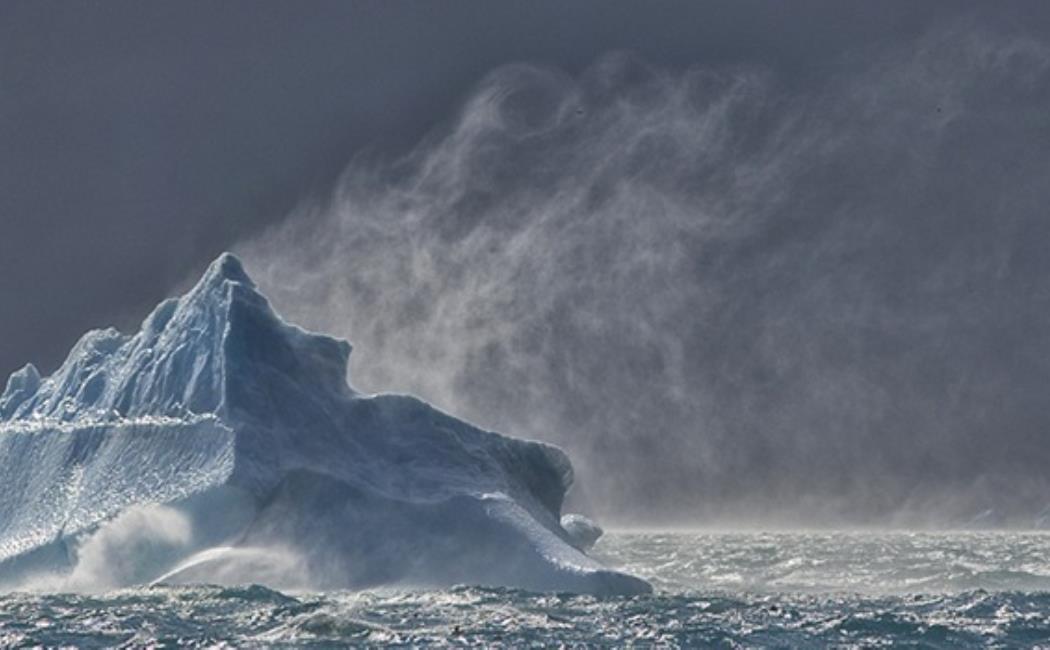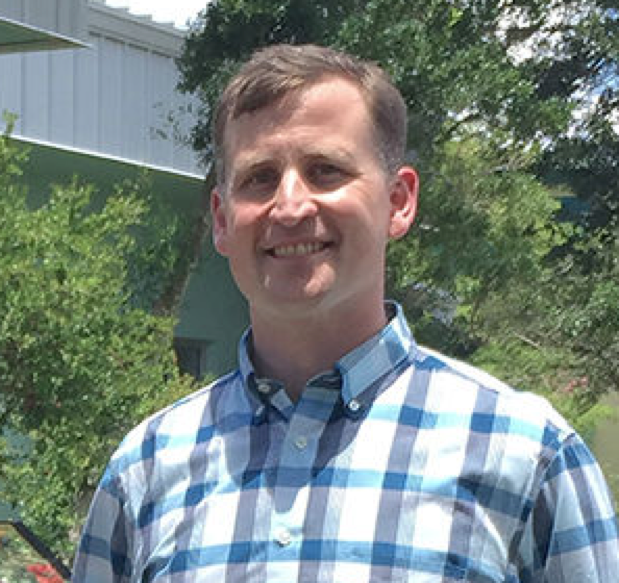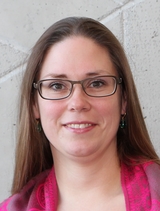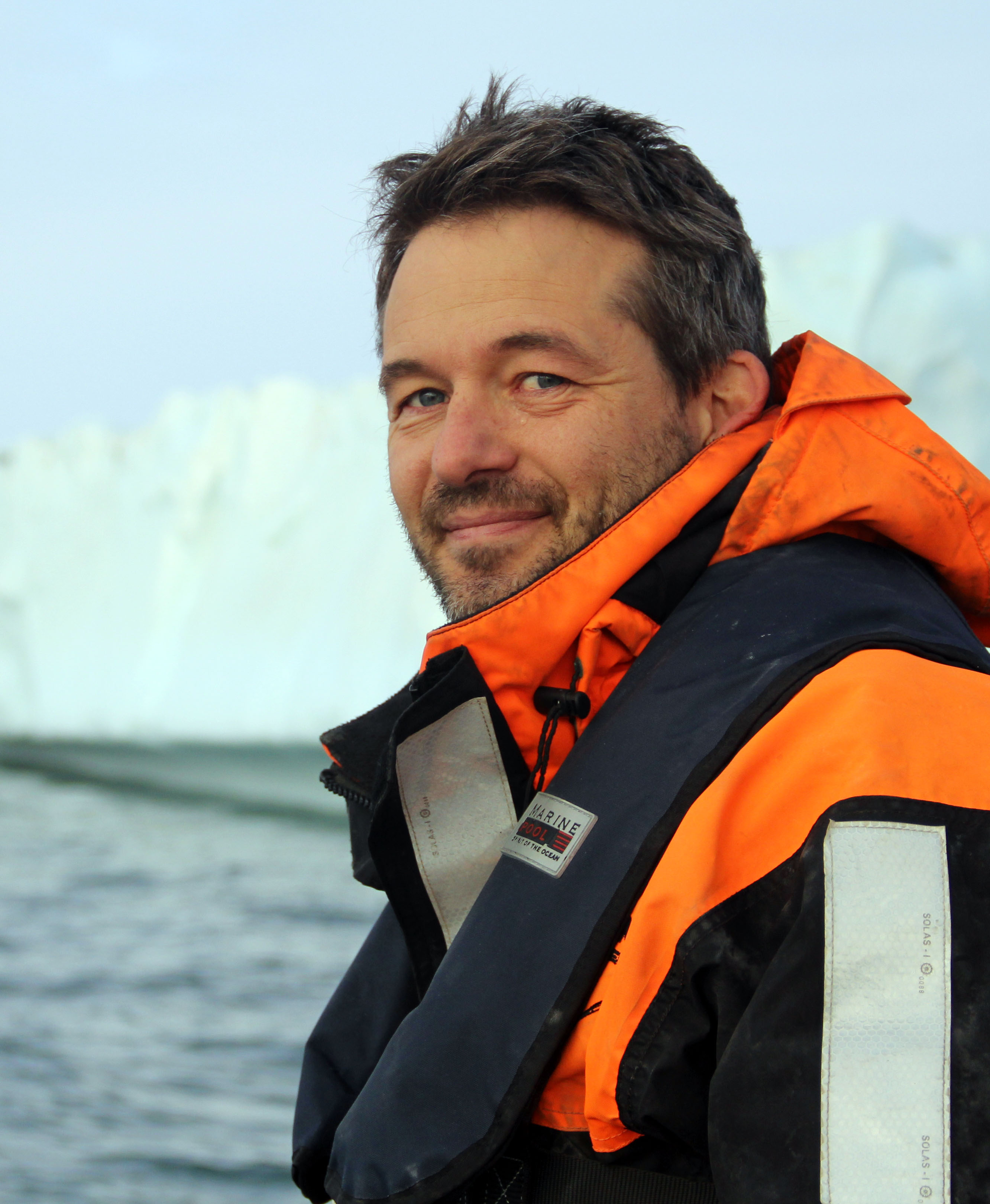


26 Feb, 2018 Prof. Jeffrey W. Krause
9 a.m. - 10:30 a.m. Dr. Mie Hylstofte Sichlau Winding
Building 2, level 5, room 5209 Dr. Mikael Sejr

 Prof. Jeffrey W. Krause
Prof. Jeffrey W. KrauseSenior Marine Scientist, Dauphin Island Sea Lab
Assistant Professor, University of South Alabama
E-mail: jkrause@disl.org
TALK TITLE: Does Silicon limitation terminate diatom spring blooms in the high-latitude Atlantic?
ABSTRACT: Diatoms' contribution to productivity and organic matter export are significant in high-latitude marine ecosystems. Unlike other abundant phytoplankton groups, diatoms have an obligate silicon requirement and its availability has the potential to regulate their growth. Waters in the high-latitude sector of the Atlantic (e.g. coastal Greenland, Faroe Islands, Barents Sea, Svalbard) have lower silicic acid concentrations than nitrate. Given diatoms require Si and N near unity, the deplete Si relative to N sets a potential control on diatom productivity in this system, such that Si could limit diatom biomass yield in a regional spring blooms. Recent publications have reported declining silicic acid concentrations between ~60 – 75 °N latitude in the Atlantic. Despite the clear changes in Si availability, there are no reported data for the magnitude of diatom Si uptake and whether it is limited by the ambient silicic acid concentration. Here I report data from the Atlantic sector of the Arctic in the Svalbard archipelago and the sub-Arctic West Greenlandic Nuup Kangerlua fjord. In both systems, the ambient silicic acid chronically limited the rate of Si uptake by diatoms and, at times, may have limited their growth rate. This is the first direct evidence that silicon availability plays an important role in regional diatom bloom phenology and may strongly affect the biological pump and efficiency of organic matter passage to fisheries.
Report about a former visit to KAUST: https://skimmer.disl.org/dr.-jeffrey-krause-presents-seminar-in-saudi-arabia/

 Dr. Mie Hylstofte Sichlau Winding
Dr. Mie Hylstofte Sichlau Winding
Senior Researcher
Greenland Institute for natural resources
E-mail: miwi@natur.gl
Webpage: http://www.natur.gl/en/the-institute/staff/staff-profile/person/772/
BIO: Mie Winding is a scientist at the Greenland Climate Research Centre at the Greenland Institute of Natural Resources, Greenland. Her research areas are evolutionary and behavioural ecology of zooplankton. Research and long-term monitoring of pelagic processes and climate effects.
TALK TITLE: Marine Monitoring and Research in Greenland
ABSTRACT: Greenland Ecosystem Monitoring is an integrated monitoring and long-term research programme on ecosystems and climate change effects in the Arctic. Since 1994 the programme has established a coherent and integrated understanding of the functioning of terrestial, limnic and marine ecosystems in a highly variable climate. The MarineBasis programme collects physical, chemical and biological data from the Greenland coastal zone. The basis for this work is continuous monitoring of a sub-arctic (Godthåbsfjord, SW Greenland) and a high-arctic (Young Sound/Tyrolerfjord, NE Greenland) marine ecosystem, combined with in situ and laboratory experimental work. The MarineBasis programme delivers base-line data that enables identification of long-term trends in key parameters such as sea ice coverage, water temperature, salinity, CO2 uptake, nutrient concentrations, and species composition of phytoplankton and zooplankton.

 Dr. Mikael Sejr
Dr. Mikael SejrSenior Researcher
Institut for Bioscience - Arctic Research Centre (ARC)
Aarhus University
E-mail: mse@bios.au.dk
Webpage: http://arctic.au.dk
BIO: Mikael Sejr is a senior scientist at Arctic Research Centre at Aarhus University, Denmark. He has studied diversity, structure and function of the coastal ecosystem around Greenland and how its impacted by warming and melting of sea ice and the Greenland Ice Sheet.
TALK TITLE: Impacts of the melting Ice Sheet on the coastal ocean around Greenland
ABSTRACT: Increasing temperatures in the Arctic are melting sea ice, permafrost and glaciers with large implications for marine carbon cycling. The impact of melting sea ice has received particular attention, but for the coastal ocean surrounding Greenland the increased input of freshwater from the melting Greenland Ice Sheet is also an important driver for ecosystem change. This talk will provide examples of how warming and melting ice may affect the marine ecosystem in this region of the Arctic.